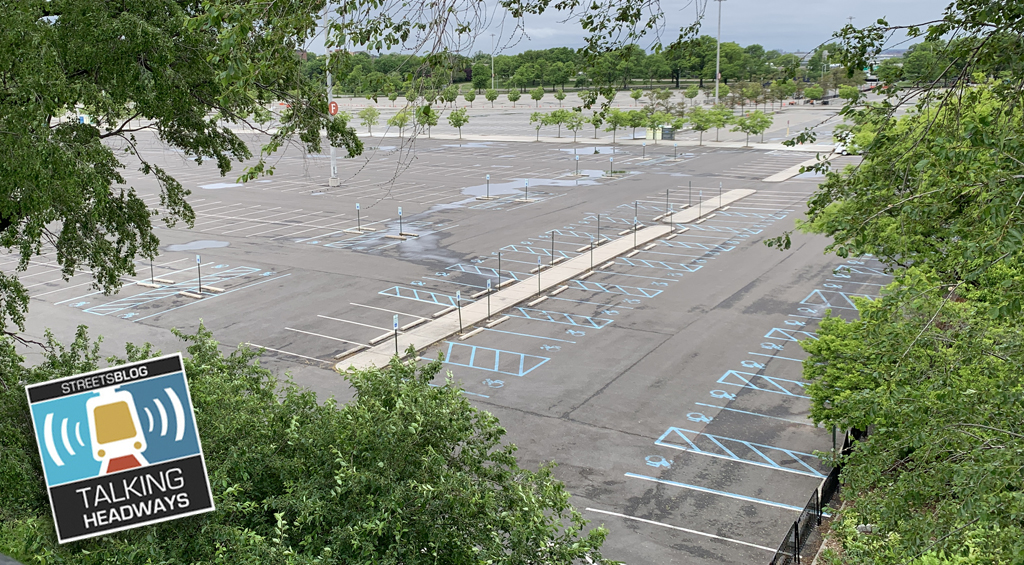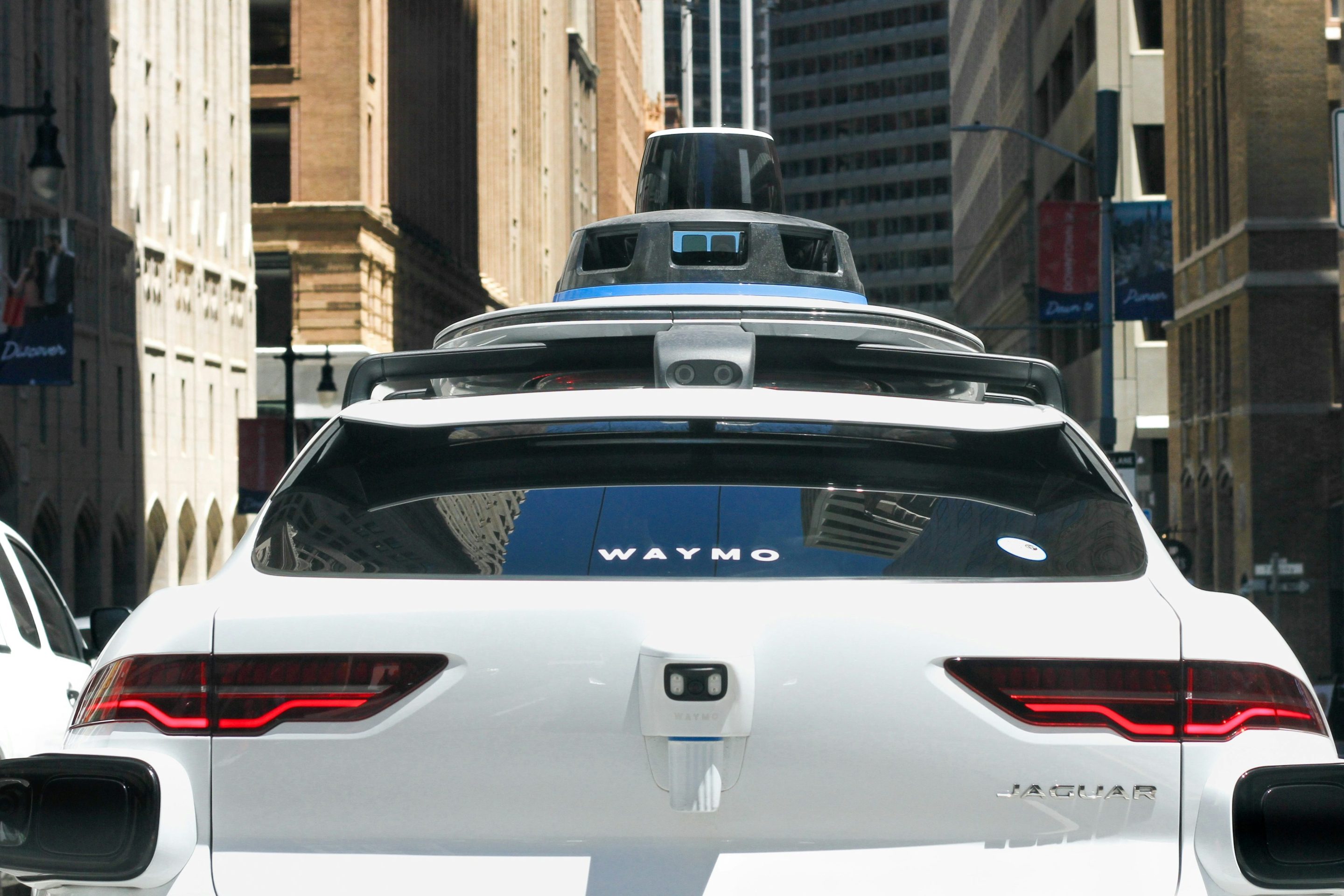In an effort to patch a budget gap, city officials in Washington D.C. are considering increasing the annual fee for a residential street parking permit from $15 to $30.
The idea seems like a winner overall: It would help move parking fees ever so slightly more in line with the true value of street space (though still woefully under-priced from that standpoint). And it would raise revenues rather painlessly, spreading the price increase broadly.
Topher Mathews at Greater Greater Washington says there's still a better way to structure the increase. He argues for leaving the price static on households with only one car, while doubling the fee for each additional car owned by a given family. He offers this example of how such an increase would work for the neighborhood of Georgetown and its parking crunch:
According to the 2000 Census, there are roughly 4,936 cars in Georgetown. There are only 4,640 households in Georgetown. Of those households here's how the car ownership breaks down:
- 20% of households have no car
- 57% of households have one car
- 23% of households have more than one car
You might think that since only 23% of households have multiple cars, they can't be causing much of the parking shortage. But that's wrong. Almost half (46%) of cars in Georgetown are owned by households that own more than one car.
Essentially, these multi-car households are taking more than their "fair share" of street space and can do so simply because the majority of people don't do it. Moreover, they only pay an extra $15 per car to do it. That's not right.
Fee increases that deter multiple car ownership not only have the potential to raise more revenue than across-the-board fees, says Mathews, they could also reduce congestion by helping ensure the costs of owning more than one car better reflect the associated social costs. That's a true win-win.
Elsewhere on the Network today: The Urbanophile outlines a proposal that makes developers accountable for future costs they may impose on municipalities in the event they eventually abandon the development. The Overhead Wire rebuts a Megan McArdle article in The Atlantic, which contrasted China's high-speed rail development plans with the United States', based on relative population. And Human Transit explains how transfer avoidance among transit systems can lead to complicated routes that have the effect of deterring casual users.






